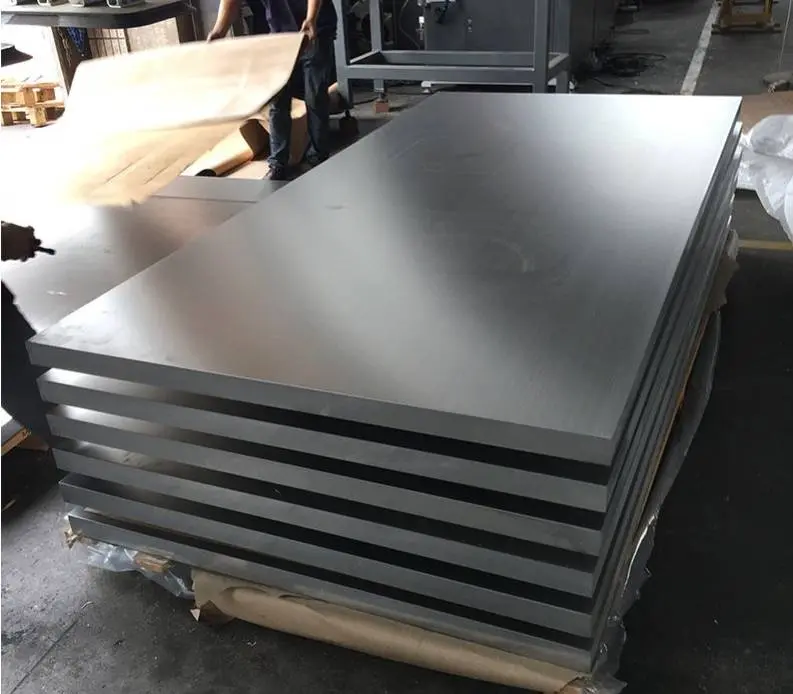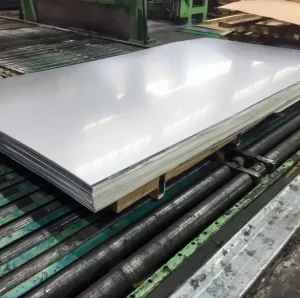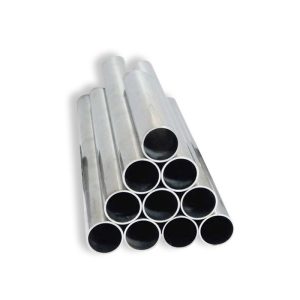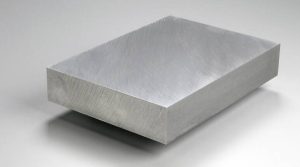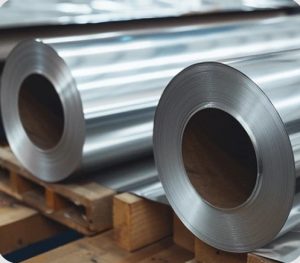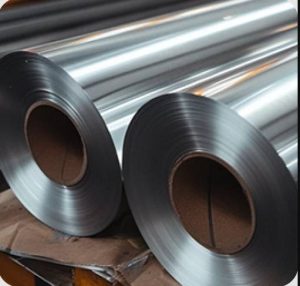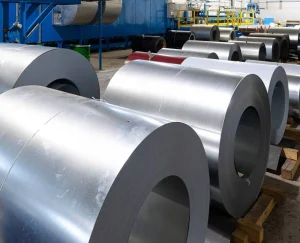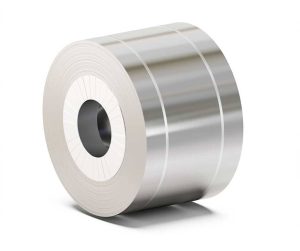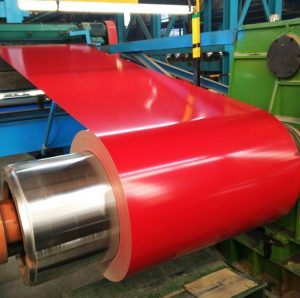When choosing aluminum alloys for your project, understanding the differences between 2024 aluminum and 6061 aluminum is essential. Both alloys are popular but serve different purposes. I’ve worked with both extensively, and I can tell you that selecting the right one depends on your specific needs. This article dives deep into their properties, applications, and how they compare.
What Are 2024 Aluminum and 6061 Aluminum?
Defining 2024 Aluminum
2024 aluminum is a high-strength alloy with copper as its main alloying element. It’s known for excellent fatigue resistance and good machinability. Commonly used in aerospace, military, and automotive industries, it offers superior strength but is less corrosion-resistant than other alloys.
Defining 6061 Aluminum
6061 aluminum is a versatile, medium-strength alloy with magnesium and silicon. It’s widely used in structural, transportation, and recreational applications because of its excellent weldability, corrosion resistance, and overall durability.
Related Terms and Their Significance
| Term | Description | Typical Use Cases |
|---|---|---|
| Copper Alloying | Main element in 2024 for strength | Aerospace, military, automotive |
| Magnesium & Silicon | Main elements in 6061 for versatility | Construction, bikes, bridges |
| Fatigue Resistance | Ability to withstand cyclic stresses | Aircraft, structural components |
(Source: Aluminum Association, 2023)
Comparing 2024 Aluminum vs 6061 Aluminum: Key Features
Mechanical Strength
2024 aluminum offers higher tensile strength, around 70,000 psi, making it ideal for high-stress environments. In contrast, 6061 aluminum has a tensile strength of approximately 45,000 psi, which is sufficient for most structural applications.
Corrosion Resistance
6061 aluminum excels in corrosion resistance, especially after anodizing. Conversely, 2024 is more prone to corrosion, requiring protective coatings for outdoor use.
Machinability and Weldability
2024 aluminum is known for excellent machinability but is difficult to weld. 6061 is easier to weld and machine, making it suitable for fabrications requiring joining.
Cost and Availability
2024 tends to be more expensive due to its high strength and specialized use. 6061 is more affordable and readily available, suitable for a broad range of projects.
Environmental Suitability
For outdoor or marine environments, 6061 is generally preferred. 2024 is better suited for aerospace and military applications where strength outweighs corrosion concerns.
Real-World Case Study
In my experience, I once worked on an aircraft wing component made from 2024 aluminum. Its high fatigue resistance was critical. However, for a bicycle frame project, 6061 aluminum was the perfect choice because of its ease of welding and corrosion resistance. These practical examples highlight 2024 aluminum vs 6061 in real-world scenarios.
Step-by-Step Guide to Choosing the Right Alloy
- Assess Environmental Conditions
Will the component be exposed to moisture or salt? If yes, 6061 is preferable. - Determine Mechanical Requirements
Need high strength or moderate? Use 2024 for high-stress parts, 6061 for general structural needs. - Evaluate Fabrication Methods
Will you weld or machine? 6061 offers better weldability, while 2024 is easier to machine. - Consider Cost Constraints
Budget matters. 6061 is more economical for large-scale projects. - Check Availability and Standards
Ensure your supplier stocks the alloy and meets industry standards.
Comparing Project A vs Project B
| Feature | Project A (2024 Aluminum) | Project B (6061 Aluminum) |
|---|---|---|
| Application | Aerospace components | Structural frames |
| Strength | Very high (~70,000 psi) | Moderate (~45,000 psi) |
| Corrosion Resistance | Lower | Excellent |
| Weldability | Difficult | Very good |
| Cost | Higher | Lower |
This table clearly shows why 2024 aluminum vs 6061 depends on your specific project needs.
Common Mistakes & ⚠️ Warnings
- ⚠️ Overestimating corrosion resistance: Don’t assume 2024 is suitable outdoors without protective coatings.
- ⚠️ Ignoring weldability: Using 2024 where welding is needed can cause issues.
- ⚠️ Choosing based solely on strength: Sometimes, durability and ease of fabrication matter more.
- ⚠️ Neglecting cost considerations: High-performance alloys like 2024 cost more; evaluate if necessary.
Practical Inspection Checklist
- Confirm alloy type: 2024 or 6061
- Check mechanical properties (tensile strength, fatigue resistance)
- Verify corrosion resistance requirements
- Test weldability and machinability
- Ensure material thickness matches design specs
- Inspect surface finish and coating options
- Confirm supplier certifications and standards compliance
- Review project environment and lifespan expectations
- Document all test results and specifications
- Plan for maintenance and protective coatings
My Personal Experience
While working on a military-grade drone, I used 2024 aluminum because of its superior fatigue resistance. But for a recreational boat project, 6061 was the clear winner due to its corrosion resistance and ease of fabrication. These experiences underline the importance of matching alloy properties to project needs.
Why Choose Shanxi Luokaiwei Steel Company?
Our company specializes in high-quality aluminum products, including 2024 aluminum and 6061 aluminum. We provide:
- Certified alloys meeting international standards
- Competitive pricing and flexible delivery options
- Expert technical advice tailored to your project
- Extensive experience in aerospace, construction, and industrial sectors
Partnering with Shanxi Luokaiwei Steel Company guarantees you reliable, durable materials that meet your specifications. Our commitment to quality and customer satisfaction makes us your ideal supplier.
Final Practical Checklist
- Clearly define your project’s environmental and mechanical needs
- Choose the appropriate alloy based on strength, corrosion, and fabrication requirements
- Verify supplier certifications and material quality
- Conduct sample testing for weldability and machinability
- Document all specifications and test results
- Plan for protective coatings or treatments if needed
- Schedule regular inspections during use
- Keep records of maintenance and performance
- Review project outcomes and adjust future material choices accordingly
Conclusion
In the 2024 aluminum vs 6061 aluminum debate, the best choice depends on your specific application. For high-strength, fatigue-resistant needs, 2024 is excellent. For versatility, corrosion resistance, and ease of fabrication, 6061 is the go-to. Remember, matching alloy properties to your project ensures longevity and performance.
For high-quality alloys and expert advice, contact Shanxi Luokaiwei Steel Company. We’re dedicated to providing premium materials that meet your project demands, ensuring your success.
Ready to get started? Contact us today for a quote or more info. Let’s make your project a success with the right alloy selection!


